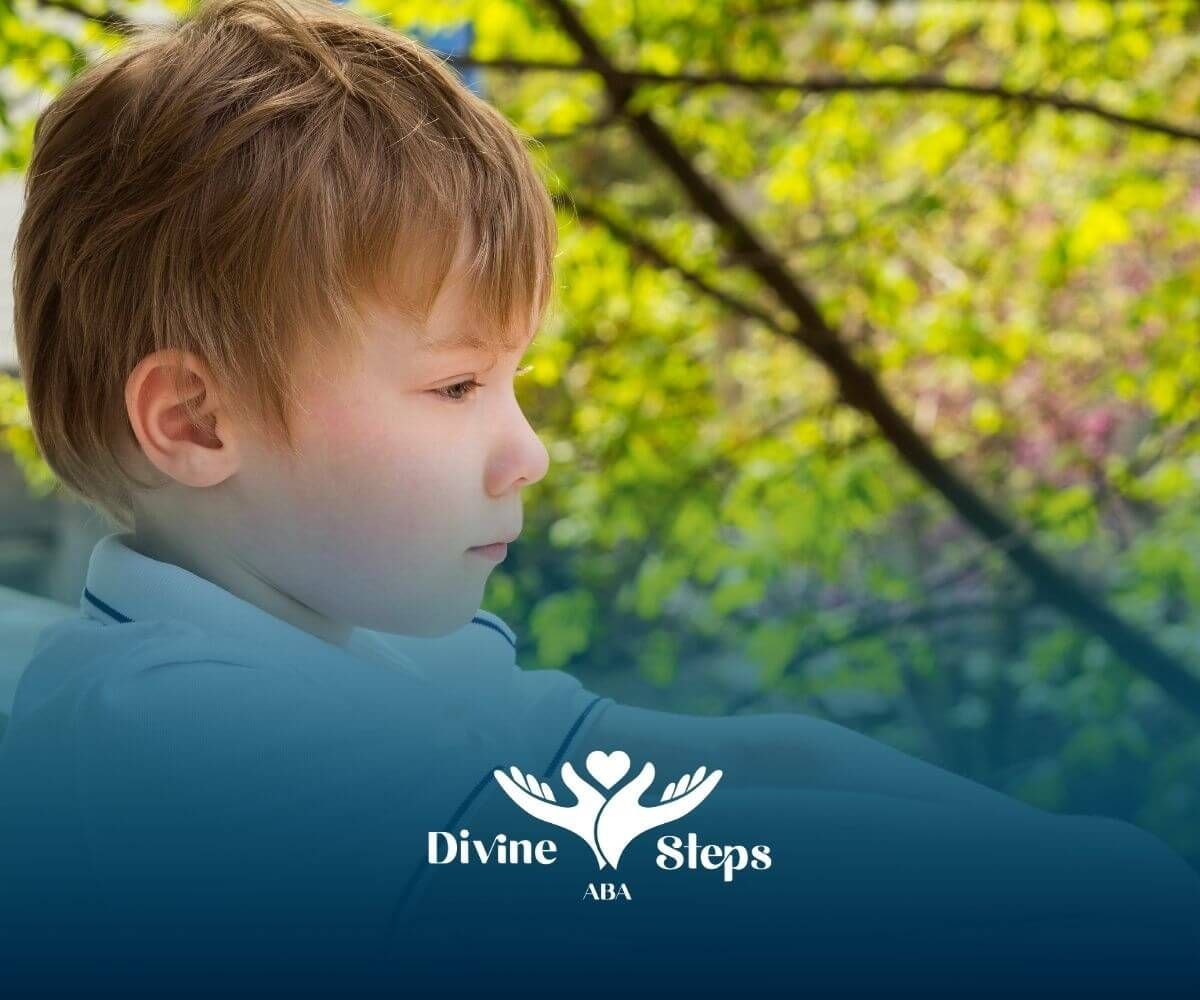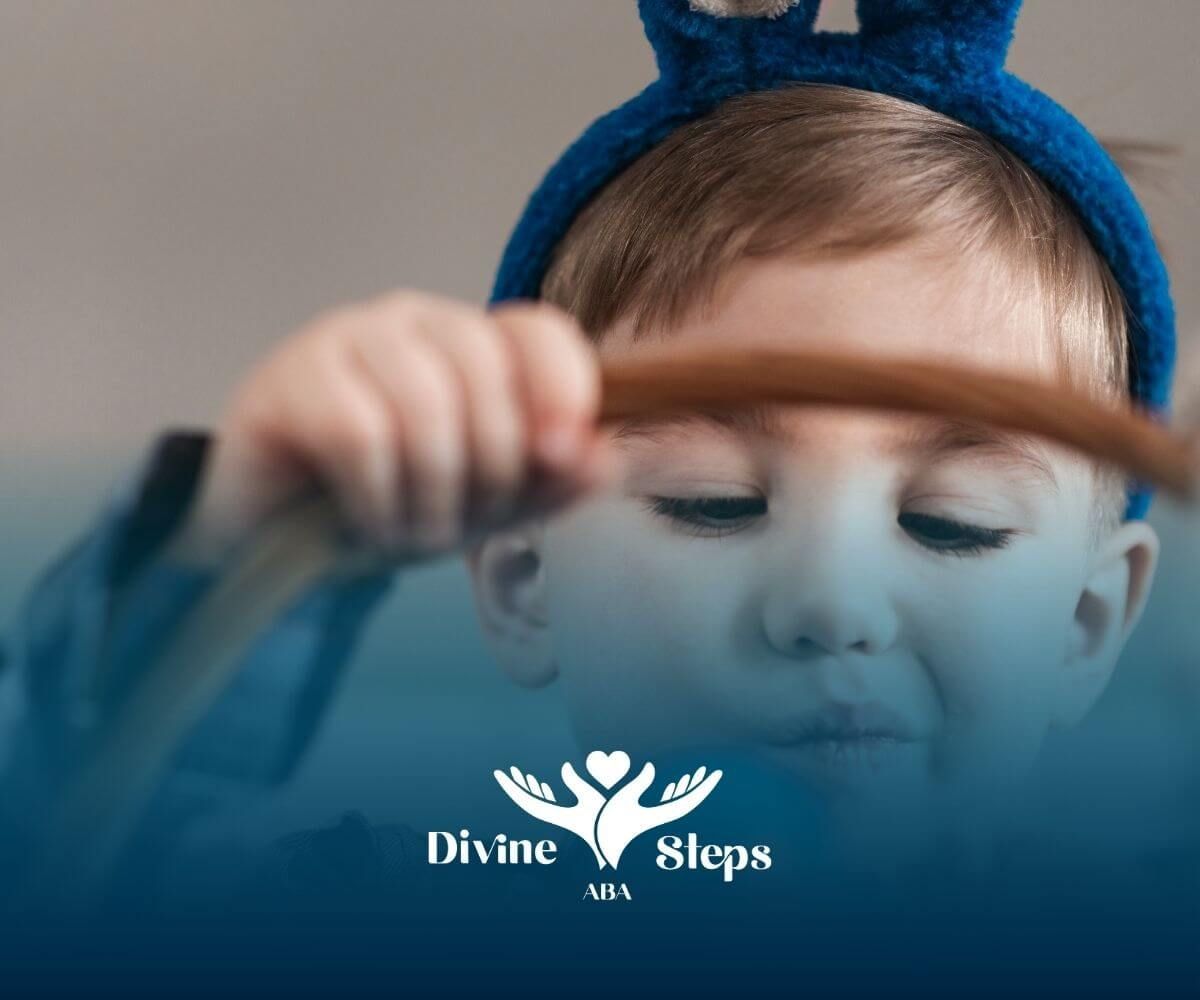Website by CWS
Practical Healthy Habits Every Child with Autism Can Learn
One of the things I talk about often with parents is the power of small, healthy habits. For children with autism, predictable routines can reduce stress and make learning easier.
Whether it’s better sleep, balanced meals, or consistent hygiene routines, these habits become building blocks for independence.
Here, I’d love to share some of the most effective ones I’ve seen work with families.
Why are Healthy Habits Important for Children with Autism?
Children on the spectrum often thrive with predictability. Structured routines not only help reduce anxiety but also strengthen communication, social skills, and independence.
According to several studies, healthy lifestyle practices — from good sleep to regular physical activity — are linked to better overall well-being and improved daily functioning in autistic children.
Key Healthy Habits for Autism
1. Consistent Sleep Routines
Sleep struggles affect 40–80% of autistic children, which impacts both learning and behavior. Creating a bedtime routine with calming activities (like reading or listening to soft music), limiting screens, and using weighted blankets can improve rest.
2. Balanced Nutrition
Picky eating is common. Start with small steps: introduce new foods gradually, offer choices, and involve children in cooking. Visual menus and colorful plates can make mealtimes more fun.
3. Daily Physical Activity
Exercise supports focus and self-regulation. Options like swimming, yoga, or even daily walks provide both movement and sensory input. Short bursts of activity throughout the day often work best.
4. Personal Hygiene Routines
Brushing teeth, washing hands, bathing, and combing hair are daily habits that build independence. Using visual schedules or step-by-step checklists can make these routines easier to follow.
5. Social Connection Habits
Practicing greetings, turn-taking in games, or sharing meals as a family encourages social growth. Even short daily interactions help children build confidence.
6. Screen Time Balance
Technology can be useful, but too much can affect sleep and behavior. Setting clear screen limits and balancing tech time with play or outdoor activities is a healthy habit for the whole family.
7. Household Responsibilities
Simple chores like setting the table, sorting laundry, or feeding a pet promote responsibility and motor skills. Start small and increase responsibilities as confidence grows.
8. Mindfulness and Relaxation
Habits like deep breathing, stretching, or using sensory tools during quiet time teach children how to calm themselves when overwhelmed. Having a “calm-down corner” can reinforce this habit.
9. Learning and Reading Time
Daily opportunities to read or explore learning activities encourage language development and curiosity. Choose books or topics your child enjoys to keep it engaging.
10. Outdoor Time
Fresh air and natural light are incredibly regulating. A daily outdoor habit — even just 15 minutes in the backyard — can improve mood and energy levels.
Encouraging Healthy Habits at Home
The key is starting small. Pick one habit, practice it consistently, and celebrate small victories along the way. Visual supports, positive reinforcement, and modeling the habits yourself go a long way.
At Divine Steps ABA, we focus on more than just therapy sessions — we help families build practical routines that support growth and independence. Through in-home ABA therapy, everyday life becomes an opportunity for learning.
Families across Maryland, Virginia, and North Carolina trust us to provide guidance and tools tailored to their child’s needs. We also offer autism evaluations to ensure every family begins with the right support.
Healthy habits are built over time — with patience, practice, and the right support, your child can thrive. Contact us today to get started.
FAQs
Which healthy habit should I start with first?
Begin with the one that feels most manageable, such as a consistent bedtime or a simple hygiene routine. Small wins build momentum.
How do I encourage my autistic child to stick to habits?
Visual schedules, positive reinforcement, and modeling habits yourself make routines more predictable and engaging.
Can ABA therapy help with daily healthy habits?
Yes — ABA therapy focuses on teaching life skills like hygiene, nutrition, and self-regulation, making healthy habits easier to maintain.
Sources:
- https://pmc.ncbi.nlm.nih.gov/articles/PMC11683120/
- https://pmc.ncbi.nlm.nih.gov/articles/PMC7815266/
- https://www.nhs.uk/conditions/autism/autism-and-everyday-life/help-for-day-to-day-life/
- https://www.autism.org.uk/advice-and-guidance/topics/physical-health/keeping-healthy
- https://www.autismspeaks.org/blog/expert-qa-tips-active-and-healthy-lifestyle




